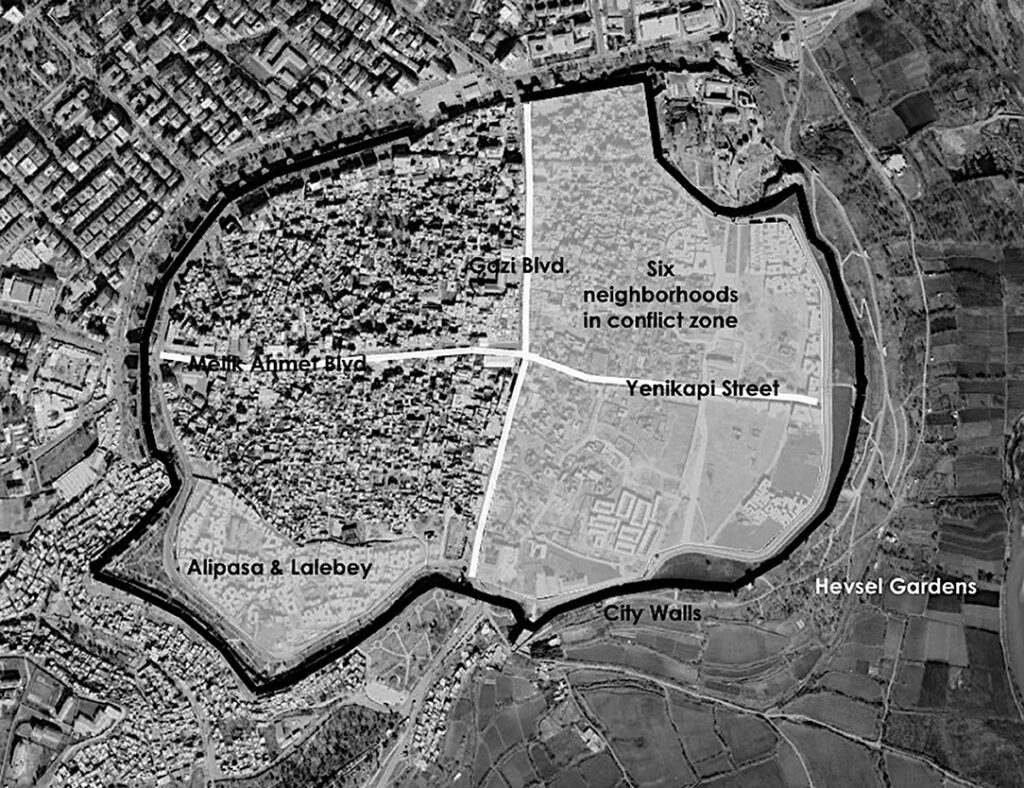In the complex landscape of modern warfare, the use of advanced technologies such as drones, cyber warfare, and autonomous weapons has transformed traditional military tactics. While these innovations offer strategic advantages, they also raise profound ethical questions about the morality of their use. The proliferation of drones has sparked debates about targeted killings and the potential violation of human rights. Similarly, cyber warfare blurs the lines between traditional conflict and raises concerns about collateral damage and accountability. The development of autonomous weapons systems adds another layer of moral complexity, as machines are given the ability to make life or death decisions. It is imperative for society to engage in dialogue and debate to navigate the ethical challenges of modern warfare and strive to uphold principles of justice and humanity in times of conflict.
The Complexities of Modern Warfare
In the age of modern warfare, advancements in technology have revolutionized the way conflicts are fought. From drones to cyber warfare, military tactics have evolved to incorporate new and highly sophisticated methods of combat. However, with these advancements come a host of ethical dilemmas that present themselves in the grey areas of warfare.
The Moral Quandaries of Drone Warfare
One of the most contentious issues in modern warfare is the use of drones. While drones offer the advantage of precision targeting and reduced risk to soldiers, they also raise serious ethical concerns. The use of drones in targeted killings has sparked debate over the legality and morality of such actions. The lack of transparency and accountability in drone strikes has led to accusations of human rights violations and the targeting of civilians.
The Rise of Cyber Warfare
Cyber warfare is another grey area in modern conflicts. The use of cyber attacks to disrupt enemy communications, infrastructure, and operations has become increasingly common. However, the anonymity and unpredictability of cyber warfare raise questions about the rules of engagement and the potential for collateral damage. The use of cyber weapons also blurs the lines between traditional warfare and other forms of conflict, making it difficult to determine the appropriate response.
The Impact of Autonomous Weapons
The development of autonomous weapons systems presents another ethical dilemma in modern warfare. These weapons, equipped with artificial intelligence, have the capability to make decisions and carry out attacks without direct human intervention. The use of autonomous weapons raises concerns about accountability, discrimination, and the potential for unintended consequences. The lack of human oversight in decision-making processes raises questions about the ethical implications of allowing machines to make life or death decisions.
Conclusion
In conclusion, navigating the grey areas of modern warfare requires a careful consideration of the ethical implications of new technologies and tactics. As the nature of warfare continues to evolve, it is essential for policymakers, military leaders, and the public to engage in dialogue and debate about the moral dilemmas that arise in conflict. By addressing these ethical challenges head-on, we can strive to uphold the principles of justice, accountability, and humanity in the midst of the chaos of war.
